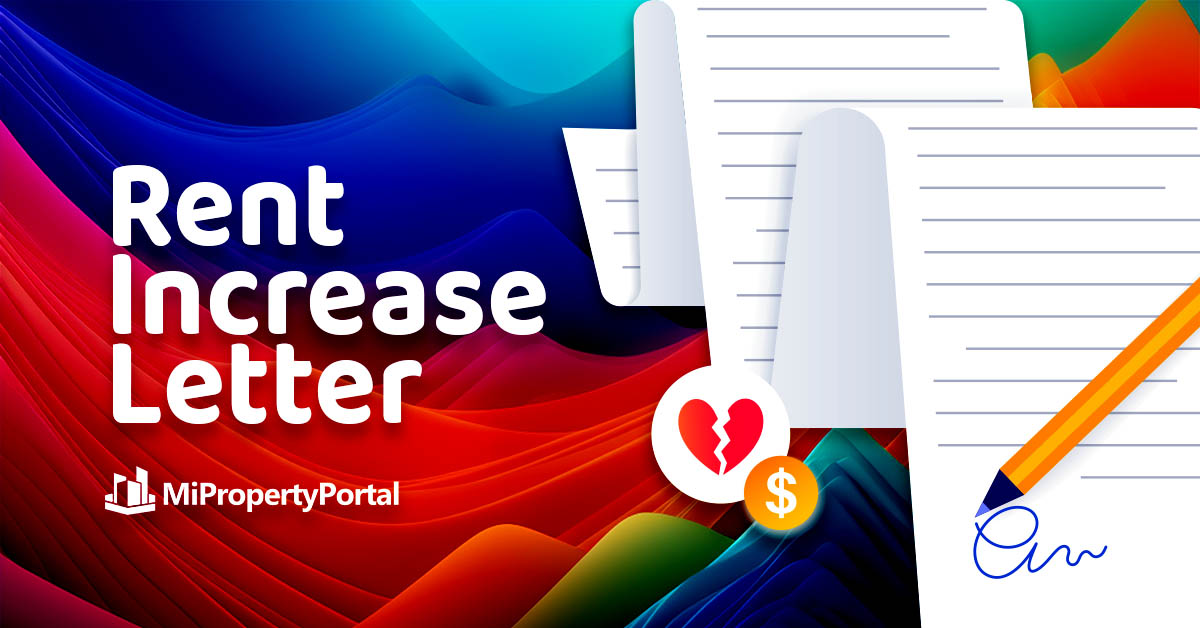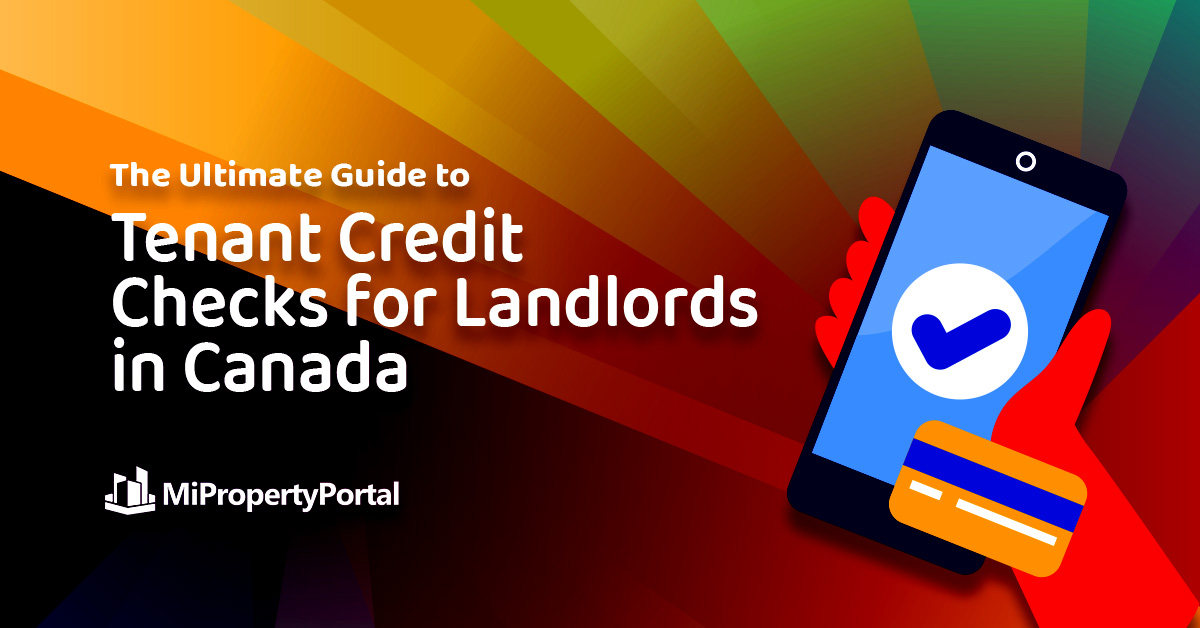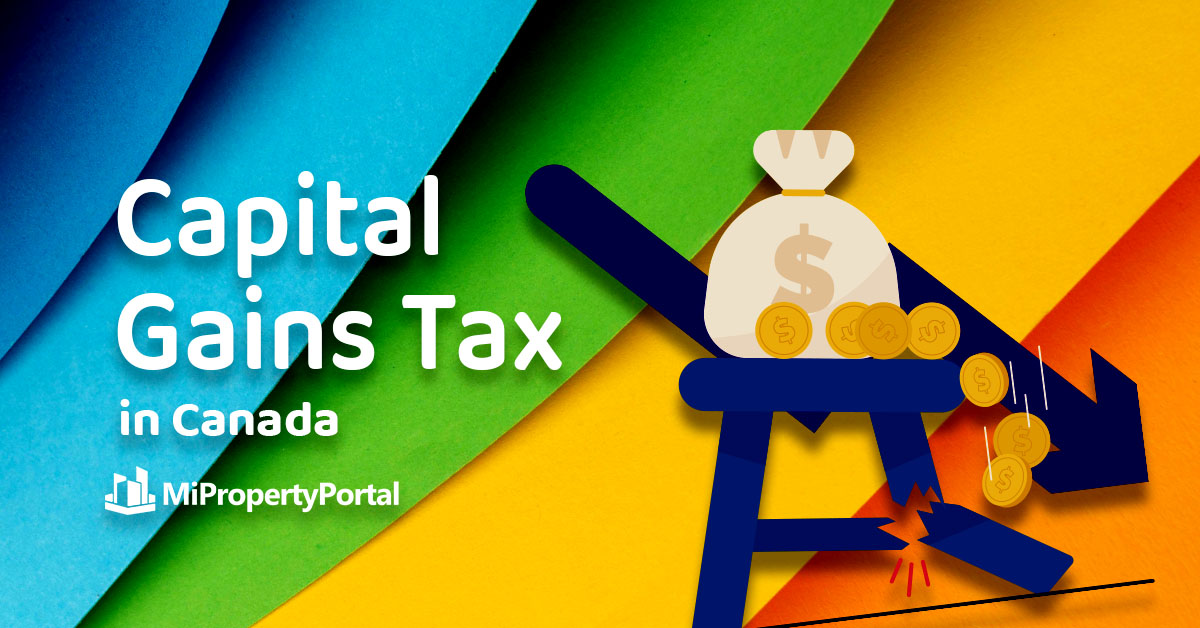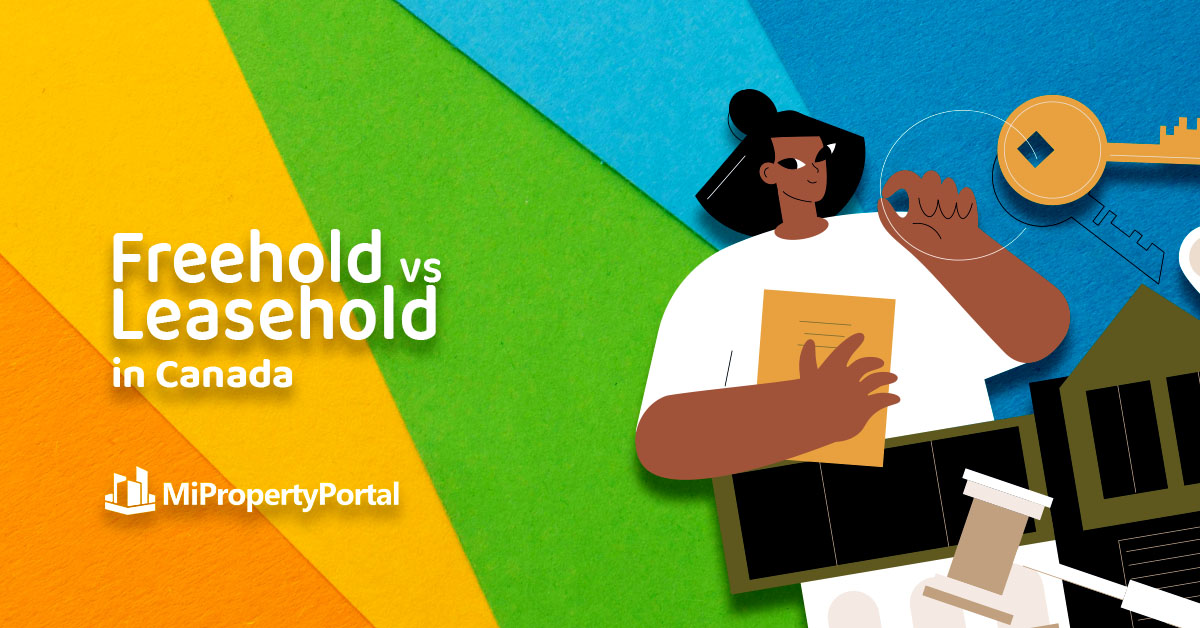In Guide
Write A Landlord Friendly Rent Increase Letter To Keep Your Tenant Happy (With Sample Letter Template)

Mi Property Portal
February 22, 2024 - 9 min read
Canadian landlords and property managers have to balance providing affordable housing for tenants and ensuring that the rental property remains a profitable investment. One way to ensure this balance is by periodically adjusting the rent to reflect the current market conditions and the value of your property.
How do you increase the rent? You can serve a letter along with the rent increase notice. The proper notice must be delivered using the right method. For a detailed guide on Rent Increase Guidelines for all provinces, check out our article “Rent Increase Guideline in Canada 2024. “
In this article, we’ll explore the nuances of crafting a rent increase letter for Canadian landlords, addressing key considerations, legal requirements, and best practices.
What is a Rent Increase Letter?
A rent increase letter serves as a formal communication tool to notify tenants of impending changes in rental rates. It also maintains transparency and fosters a positive landlord-tenant relationship.
Understanding Rent Increase Laws in Canada
Before drafting a rent increase letter, it’s crucial to understand the legal framework governing rent adjustments in Canada. Each province has its own regulations regarding the frequency and maximum percentage of rent increases.
Familiarize yourself with the rules applicable to your region to ensure compliance and avoid disputes.

Ingredients of a Rent Increase Letter
Clear and Concise Communication
Your rent increase letter should begin with a clear and concise statement explaining the letter’s purpose. Clearly outline the new rental rate, the effective date of the increase, and any additional terms or conditions associated with the adjustment. Use language that is easy to understand and avoid ambiguity to prevent misunderstandings.
Justification for the Rent Increase
Provide tenants with a brief explanation of the reasons behind the rent increase. This could include rising property taxes, maintenance costs, inflation, or improvements made to the rental property. By communicating the rationale behind the increase, you demonstrate transparency and help tenants understand the necessity of the adjustment.
Compliance with Legal Requirements
Ensure that your rent increase letter complies with all relevant tenancy laws and regulations in Canada, particularly those outlined in the Residential Tenancies Act. Familiarize yourself with the specific rules governing rent increases in your province or territory to avoid legal complications or tenant disputes.
Offer Options for Discussion
Encourage open communication by inviting tenants to ask questions or concerns regarding the rent increase. Provide contact information and offer to discuss the matter further if necessary. This demonstrates your willingness to address tenants’ needs and concerns in a proactive and respectful manner.

Tips for Drafting an Effective Rent Increase Letter
Use Professional Language
Maintain a professional tone throughout the rent increase letter to convey authority and credibility. Avoid using overly formal or confrontational language, which may alienate tenants and damage the landlord-tenant relationship. Instead, strive for a polite, respectful, and business-like tone.
Highlight Benefits for Tenants
Emphasize any benefits or improvements associated with the rent increase, such as upgrades to the property, enhanced amenities, or long-term investment in maintenance and repair. By highlighting the value that tenants receive in exchange for the increased rent, you can help mitigate any potential objections or resistance.
Provide Ample Notice
Give tenants ample notice of the rent increase to allow them sufficient time to adjust their budgets and make informed decisions. Provide a clear timeline for when the new rental rate will take effect, typically ranging from 30 to 90 days, depending on local regulations and lease agreements.
Follow Up with Documentation
After sending the rent increase letter, follow up with any necessary documentation, such as updated lease agreements or rental payment schedules. Ensure that tenants have access to all relevant information and resources to facilitate a smooth transition to the new rental terms.
Sample Rent Increase Letter Template Example # 1
Below is a simple template you can customize for your rent increase letter:
[Your Name]
[Your Address]
[City, Province, Postal Code]
[Date]
[Tenant's Name]
[Tenant's Address]
[City, Province, Postal Code]
Dear [Tenant's Name],
I hope this letter finds you well. Due to [reason for rent increase, e.g., increased maintenance costs, property taxes, etc.], we find it necessary to adjust the rent for [property address].
Effective 2024, the new monthly rent will be [new rental amount]. This adjustment complies with [province] rental regulations, and we appreciate your understanding and cooperation.
Please don't hesitate to reach out with any questions or concerns.
Sincerely,
[Your Name]
Key Point: Personalize the letter with the tenant's name, property address, and effective date to make it more relatable and official.
Sample Rent Increase Letter Template Example # 12
[Your business name]
[Address, City, State, Postal Code]
[Date]
Dear valued resident,
This letter notifies you that, as of 2024, the monthly rent at [address] will be raised from [$X] to [$X].
We've carefully considered our options and decided that this increase is required because our maintenance and utility costs have increased. We are giving you prior notice to give you enough time to prepare for this change. We hope you extend the lease agreement with these revised conditions since you have been a wonderful tenant.
You will find a Notice of Rent Increase enclosed. Please reply to this letter/email letting us know you agree to these terms. If you reject the terms of this increase, your present lease will terminate on [Date].
Sincerely,
Name
Title
Notice of Rent Increase in Different Provinces of Canada
To increase the rent, you must serve the proper notice to the tenant using the proper method. Below are the Notices to Increase the Rent for different provinces in Canada.
N1 Notice Form to Increase Rent in Ontario
Click here to download the Form N1 Notice of Rent Increase to increase the rent in Ontario.
If you need to download, check out Form N2 Notice of Rent Increase (Unit Partially Exempt), Form N3 Notice to Increase the Rent and/or Charges for Care Services and Meals or Form N10 Agreement to Increase the Rent Above the Guideline.
RTB-7 & RTB–45 Notice Form Increase Rent in British Columbia (BC)
Form N to Increase Rent in Nova Scotia
Click here to download the proper notice Form N to increase the rent for residential units in Nova Scotia.
Form 1A to Increase Rent in Manitoba
Download Form 1A to increase the rent in Manitoba.
Notice of Rent Increase and Modification of Another Condition of the Lease to Increase Rent in Quebec
Download Notice of rent increase and modification of another condition of the lease to increase rent in Quebec.
Landlord’s Notice to Increase Rent Form in Newfoundland and Labrador
Download Landlord’s Notice to Increase Rent Form to increase the rent in Newfoundland and Labrador.
Form 8 Tenant Notice of Annual Allowable Rent Increase in Prince Edward Island
Download Form 8 Tenant Notice of Annual Allowable Rent Increase Form to increase the rent in Prince Edward Island.
Notice of Rent Increase Form to Increase Rent in Saskatchewan
Download Notice of Rent Increase Form (formerly named Form 5 Notice of Rent Increase) to Increase Rent in Saskatchewan, for periodic tenancies. If the landlord is a member of a prescribed landlord association, then use the Notice of Rent Increase for Prescribed Landlord Association Members (Formerly named the Form 5A Notice of Rent Increase for Approved Landlord Association Members)
Landlord’s Notice to Increase Rent in Alberta
In Alberta, there is not any standard form for the increase in rent. However, the landlord can serve a self made notice which have to have the following:
- Tenant’s name
- The address of the rental property
- The current rent and the increased rent
- The date from which the rent will increase
- The date the landlord / property manager signed the notice
You can check out the templates to easily make the notice of rent increase.
Landlord’s Notice to Increase Rent in New Brunswick
In New Brunswick, there is not any standard form for the increase in rent. However, the landlord can serve a self made notice which have to have the following:
- Tenant’s name
- The address of the rental property
- The current rent and the increased rent
- The date from which the rent will increase
- The date the landlord / property manager signed the notice
MIPropertyPortal (MIPP) offers a comprehensive suite of tools and features to streamline property management operations such as :
- Tenant Screening
- Lead Management
- Accounting & Reporting
- Tenant Background Check and Credit Check
- Online Rent Collection
- Vendor and supplier management, invoicing, and payment processing.
- Property Inspection
- Automated Forms
- Storage and management of communications.
- Automated Lease Creation
- Assistance with compliance requirements
- Maintenance Tracking and many more…
Why should you choose MIPP? You can find automated provincial rent increase forms integrated into this All-in-one Canadian Property Management Software.
Get a free demo or contact us to take your property management game to the next level.
It is available on App Store or Google Play so that you can take your property management business on the go.
Conclusion
Crafting a rent increase letter for Canadian landlords is not just about notifying tenants of changes in rental rates; it’s about building and maintaining strong landlord-tenant relationships based on trust, transparency, and mutual respect.
By following these tips and best practices, you can navigate the rent increase process effectively while preserving the integrity of your rental business and fostering positive tenant relations.
Frequently Asked Questions (FAQ)
Yes, but you must adhere to the notice periods and percentage limits set by your province's rental regulations.
The notice period varies by province but typically ranges from 30 to 90 days
Tenants have the right to dispute a rent increase through the appropriate legal channels if they believe it is unjustified or unlawful.
Discuss alternative arrangements or concessions with your tenants, such as phased-in increases or extended notice periods.
In most cases, landlords cannot evict tenants solely for refusing a rent increase. However, they may choose not to renew the lease once it expires.


